Nerves of Steel
Unwrapping the cause and effect of anxiety
School, work, pressure, family life, or significant events typically account for the anxiety found in students. Unwrapping the cause and effect of anxiety.
March 2, 2023
People suffer daily anxiety at school, work, home, and more. Depending on the person, the cause, and their stress, the effect of anxiety can vary. Raising awareness about anxiety is a way that students who both do and don’t suffer from it can ease or prevent it from happening.
According to Psychiatry.Org, “There are several types of anxiety disorders, including generalized anxiety disorder, panic disorder, specific phobias, agoraphobia, social anxiety disorder, and separation anxiety disorder.” Common forms of anxiety students struggle with are Generalized Anxiety Disorder, Post-traumatic Stress Disorder, and Social Phobia.
School, work, pressure, family life, or significant events typically account for the anxiety found in students. Mrs. Starr, the sixth grade J.C. Booth counselor, said, “A lot of what I see, as a middle school counselor, are students who struggle to cope with the environment that they’re in, everything being unfamiliar to them, and unhealthy relationships.” While this is true, the cause could also be an underlying health condition, such as an anxiety disorder.
Genetic anxiety, also called Inheritance Anxiety, is another type of anxiety. This type of anxiety is inherited, evident from the name. Researchers at Wisconsin National Primate Research Center, experimenting with young rhesus monkeys, revealed groundbreaking news about anxiety. Five hundred ninety-two young rhesus monkeys were raised in pairs at the Wisconsin National Primate Research Center, and during a PET scan, each showed various anxiety levels. According to Livescience.com, “During the scanning, a stranger entered [each] room and did not make eye contact with the monkey[s]. [This] is a mildly stressful scenario for the monkeys, enabling researchers to watch what happens in the animals’ brains during an anxiety-inducing encounter.” Researchers, already knowing how the monkeys were related in their colony, traced through family trees and discovered that 35 percent of the variation in anxiety was passed down in genes from parents.
The research about anxiety with rhesus monkeys was vital to diagnose inheritance anxiety as a tangible concept. The monkeys’ distress can be closely related to humans with inheritance anxiety. According to UNC Health Care.org, “Children of parents who have a diagnosed anxiety disorder can be as much as seven times more likely to develop an anxiety disorder themselves. But genetics isn’t the full story. There is no single ‘anxiety gene’ but rather many genes that interact to predispose someone to anxiety. Through a biochemical process called DNA methylation, our environment—what we eat, how we sleep, the air we breathe, the stress we face—can alter the expression of our genes.” It takes two hands to clap, not one. In other words, more than one factor causes inheritance Anxiety.
Anxiety is an important topic. Even though there is much information about anxiety, talk to a doctor or someone educated about it. Self-diagnosing often leads to various severe consequences. However, there are numerous ways to soothe and avoid anxiety. According to Mrs. Starr, “Make time for what you love. Maybe it’s a sport, or for other people, meditation and mindfulness. Just finding something that you’re passionate about, and that brings you joy.” In other words, find positive thoughts to focus on; whatever it takes to stay optimistic!
No matter the type of anxiety causing the turmoil, the important thing to know is that nobody is alone. An innumerable amount of people in the world are suffering from anxiety. As Mrs. Starr suggested, a good and simple solution is optimism. Think of things that bring enlightenment or joy. It doesn’t have to be jubilation, but something that brings genuine happiness. With these ques, anxiety won’t stand a chance and will vamoose quickly out of the door! Famous quotes by Volitair and Gabriel García Márquez are, “I have chosen to be happy because it’s good for my health,” (Voltaire) and, “No medicine cures what happiness cannot.” (Gabriel García Márquez).
DISCLAIMER: the mental abuse of rhesus monkeys and other organisms was not supported!



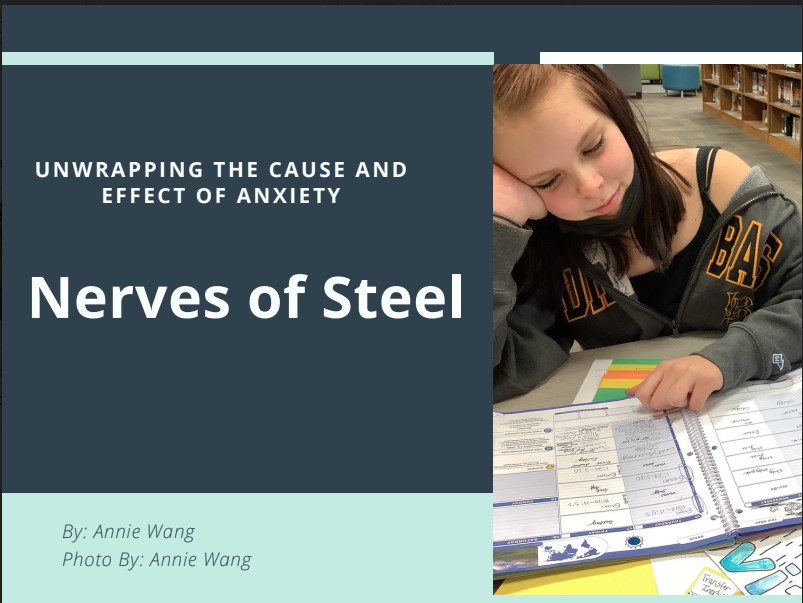
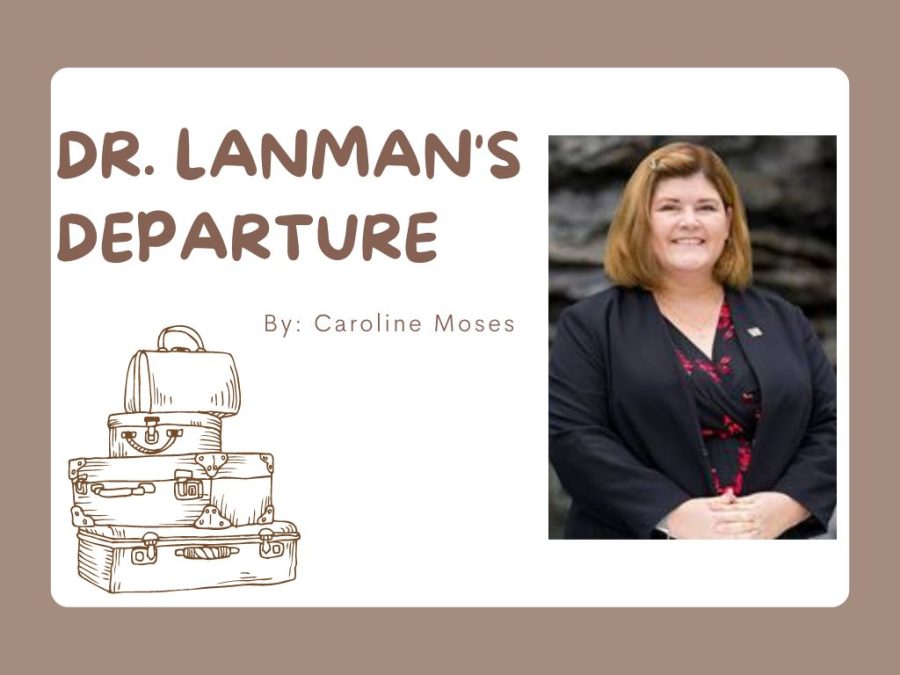
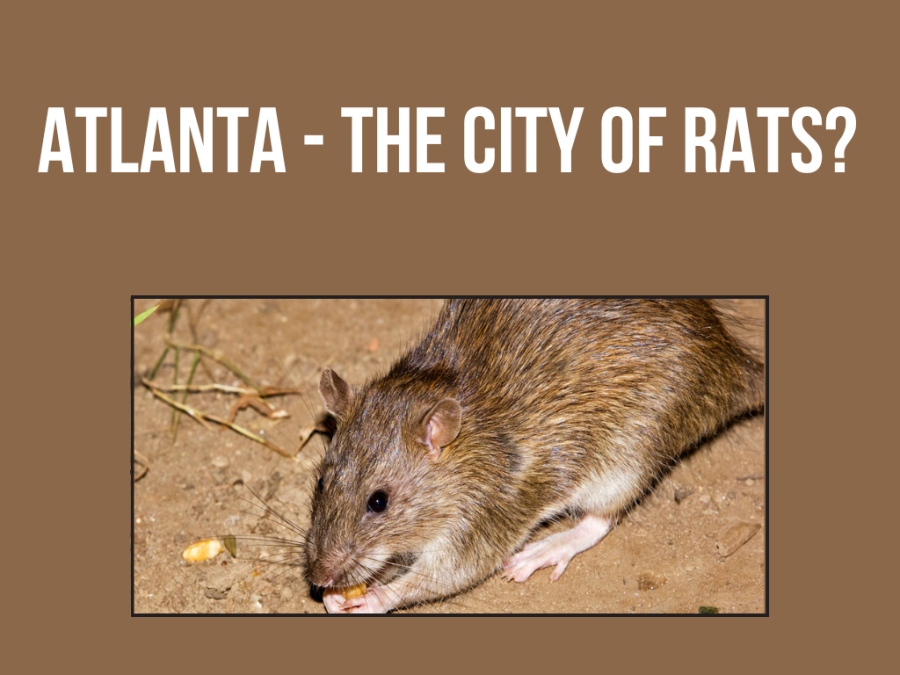
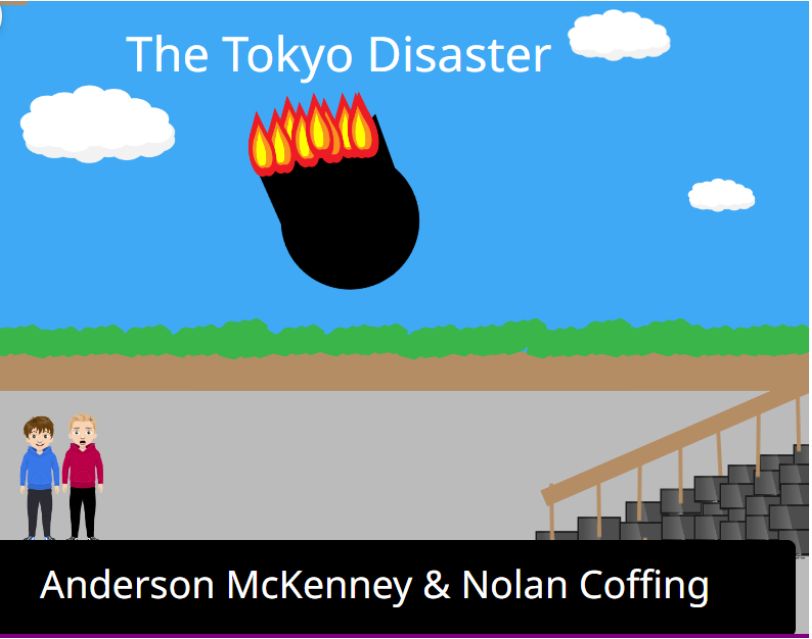
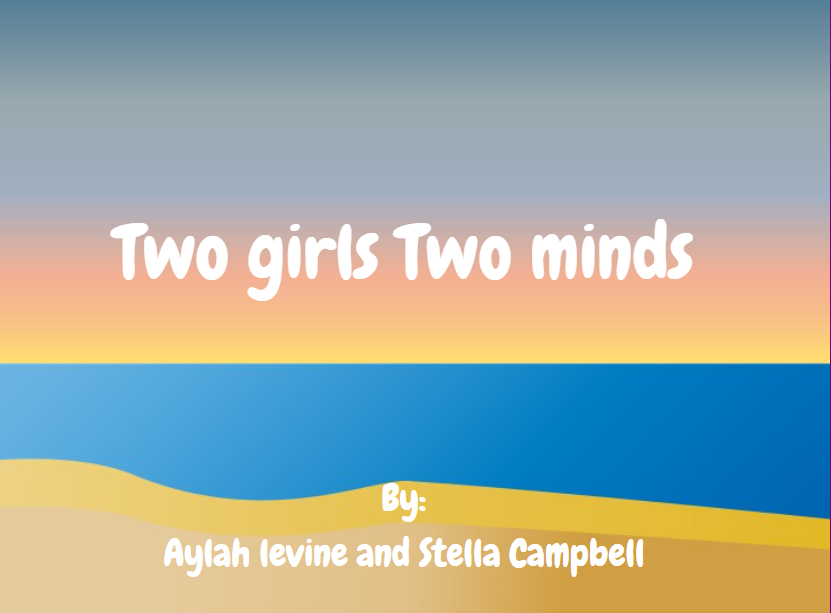

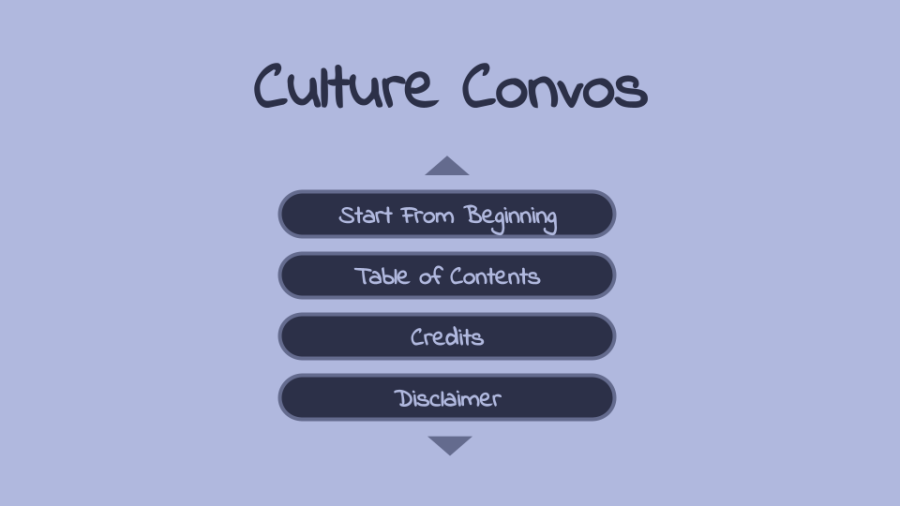


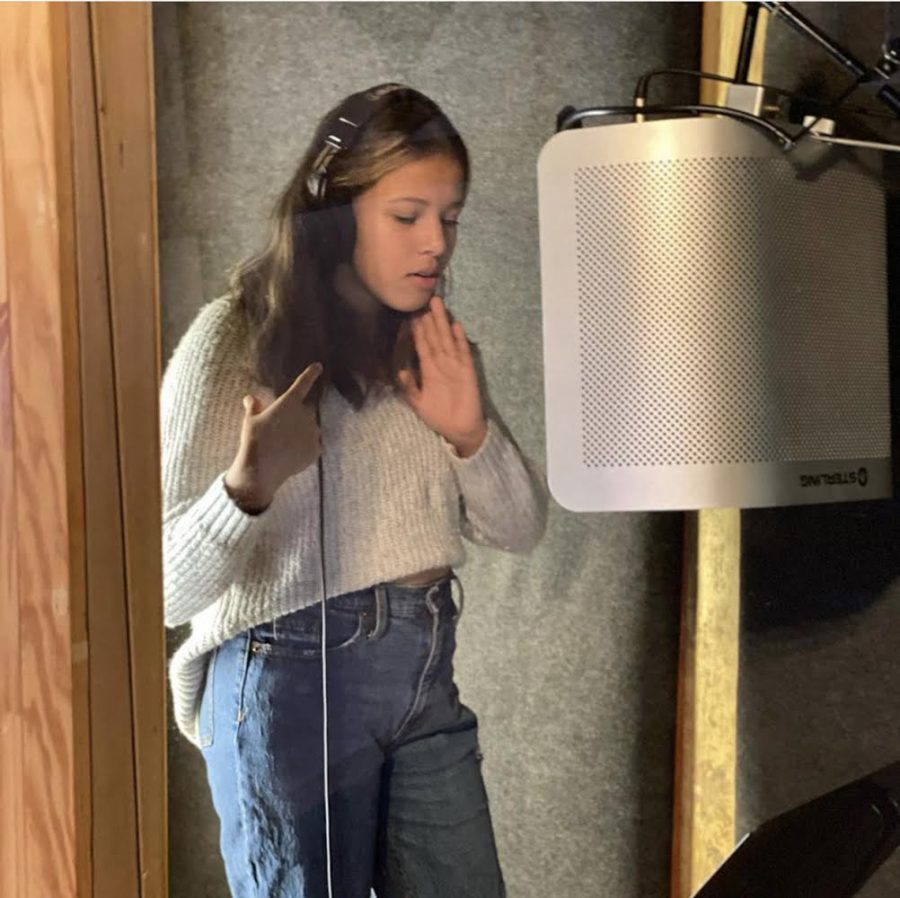
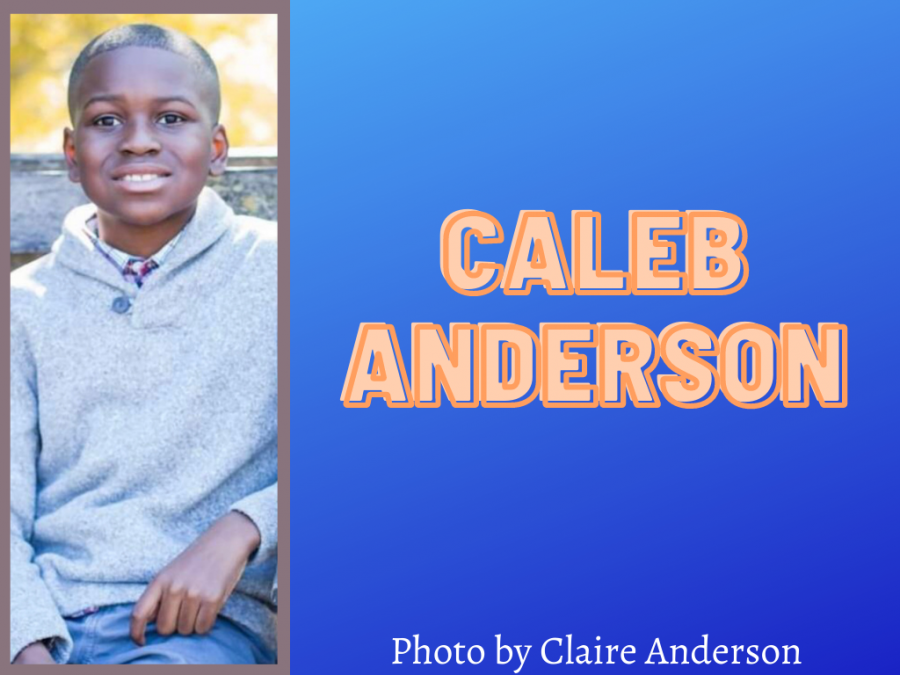
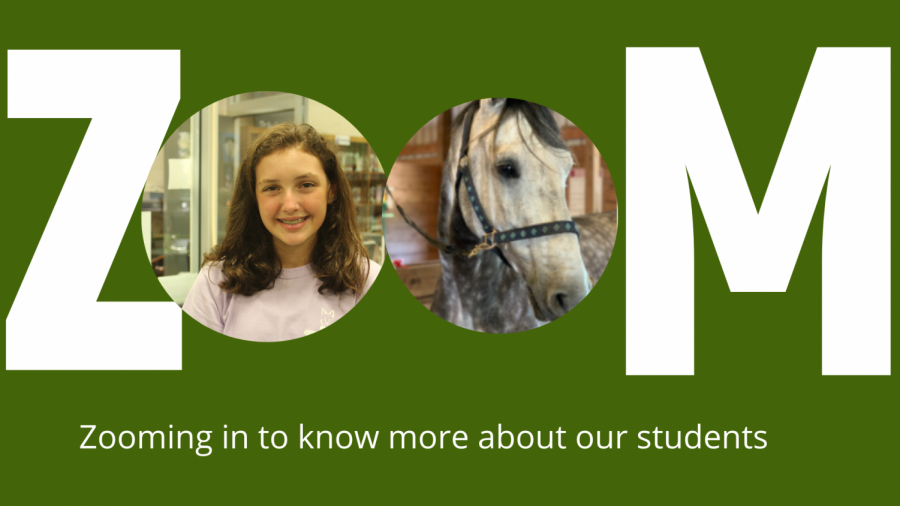

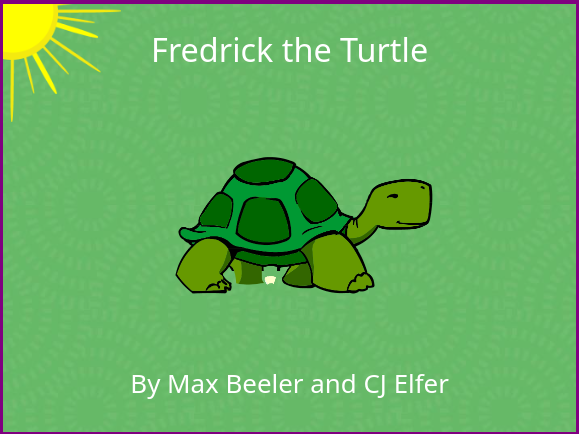
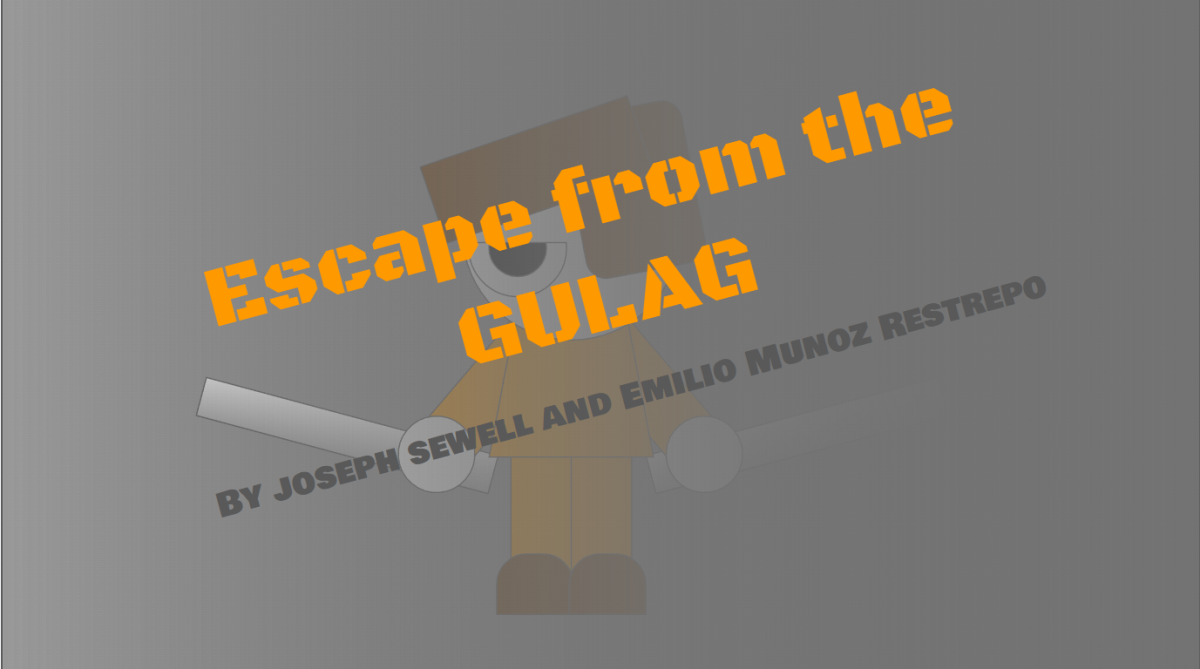
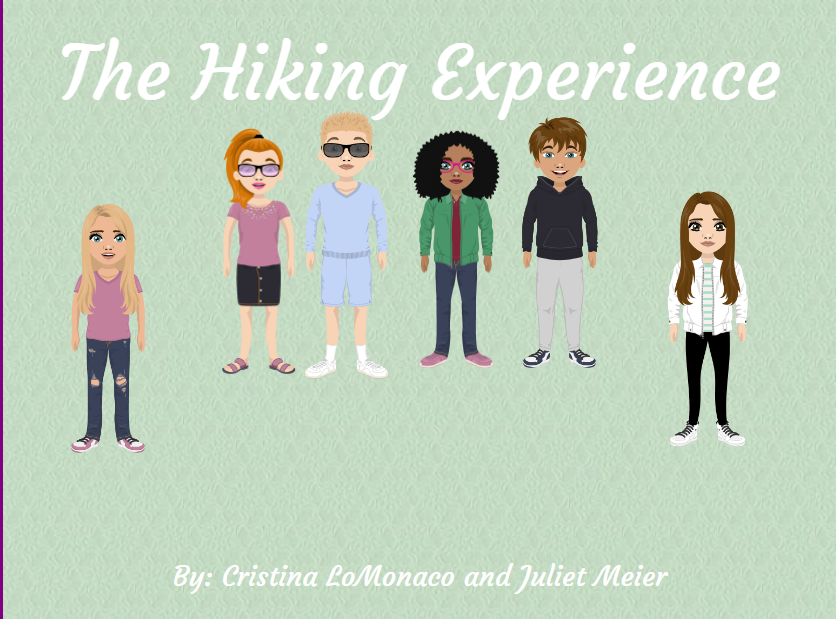
Hastee • Apr 28, 2023 at 12:15 pm
This article connected with me on a personal level. My parents both suffer from PTSD from living during a time of war. “Nerves of Steel” remind me of what I have to do to prevent this kind of inherited anxiety from taking over my world as it did for my parents. It has taken them a long time to cope, and there are still triggers. For example, everytime there is a loud airplane it reminds them of the warning alarms going off and packing their pack to a safe location. Or even just the mention of something small can remind them of their lost family members. This article my Annie is an extraordinary piece for raising the awareness for anxiety.
Fernanda • Mar 14, 2023 at 12:21 pm
I see how some people have anxiety. Well I can relate to this because my friend has anxiety talking to people because she is shy. Some people have this because they might have something going on in there life. Mrs. Starr, the sixth grade J.C. Booth counselor, said, “A lot of what I see, as a middle school counselor, are students who struggle to cope with the environment that they’re in, everything being unfamiliar to them, and unhealthy relationships.”What this is trying to say is that if you have struggled or strugguling with something in life. To sum up everything that has been stated so far many axienty can come in diffrent forms and different types.
Ellis • Mar 7, 2023 at 11:23 am
The article, “nerves of steel,” by Annie Wang was a mind opening article. It listed many different disorders that can cause anxiety, and the things that can cause them. Like with the rhesus monkey during the scanning, when a stranger walked in, the monkey would get anxiety, this also applies to humans. If they are around strangers then they would most likely get anxiety. But the article didn’t only list ways that cause anxiety, but it also listed ways to cope with anxiety. One of these ways was to make time for things you find fun or love doing. And another way to cope is to be optimistic and choose happiness. Overall this article gives you a door into the lives of people with anxiety, depression, and many other mental disorders.